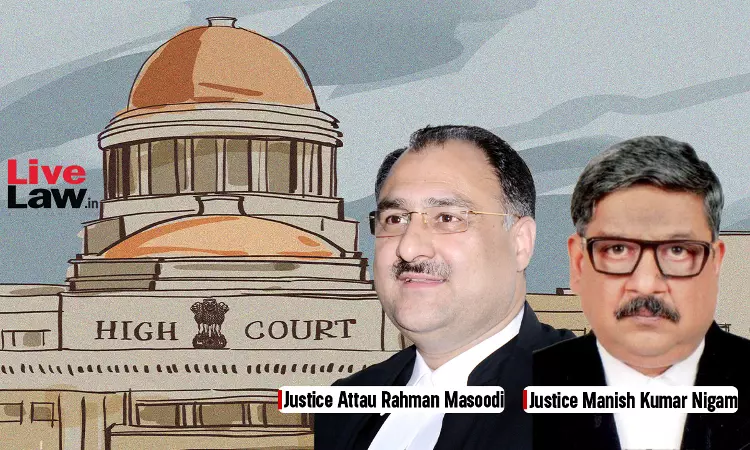- Home
- /
- High Courts
- /
- Allahabad High Court
- /
- Allahabad High Court Grants...
Allahabad High Court Grants 'Default Bail' To 11 Alleged AQIS-JMB Operatives Booked Under UAPA
Sparsh Upadhyay
17 May 2024 4:32 PM IST
The Allahabad High Court on Tuesday granted 'default bail' to 11 alleged operatives of AQIS (Al-Qaeda in the Indian Subcontinent) and JMB (Jamaat-ul-Mujahideen Bangladesh) under Section 167(2) CrPC while holding the Special Court's orders extending the time to complete the investigation vis-a-vis the accused in the case as 'illegal', as the same was passed in their...
Tags
Default BailSection 167(2)#Section 167(2) CrPCAllahabad High CourtExtension of Timeextension of time of investigationRight to Default BailJustice Attau Rahman Masoodi and Justice Manish Kumar NigamJustice Attau Rahman MasoodiJustice Manish Kumar NigamTime ExtensionMohammed Aleem @ Abdul Aleem And Another vs. State Of U.P. Thru. A.T.S. Lucknow 2024 LiveLaw (AB) 3152024 LiveLaw (AB) 315
Next Story



